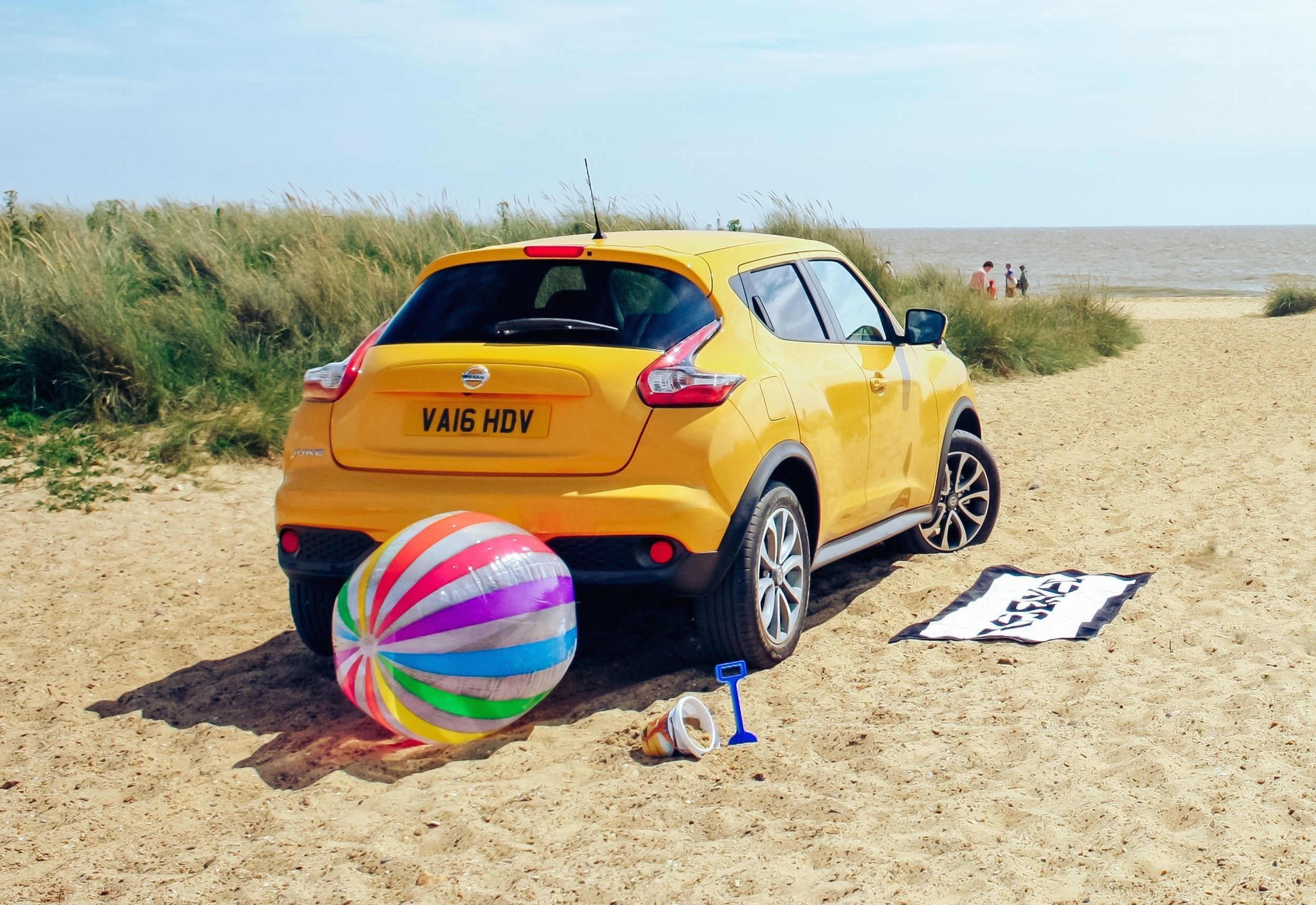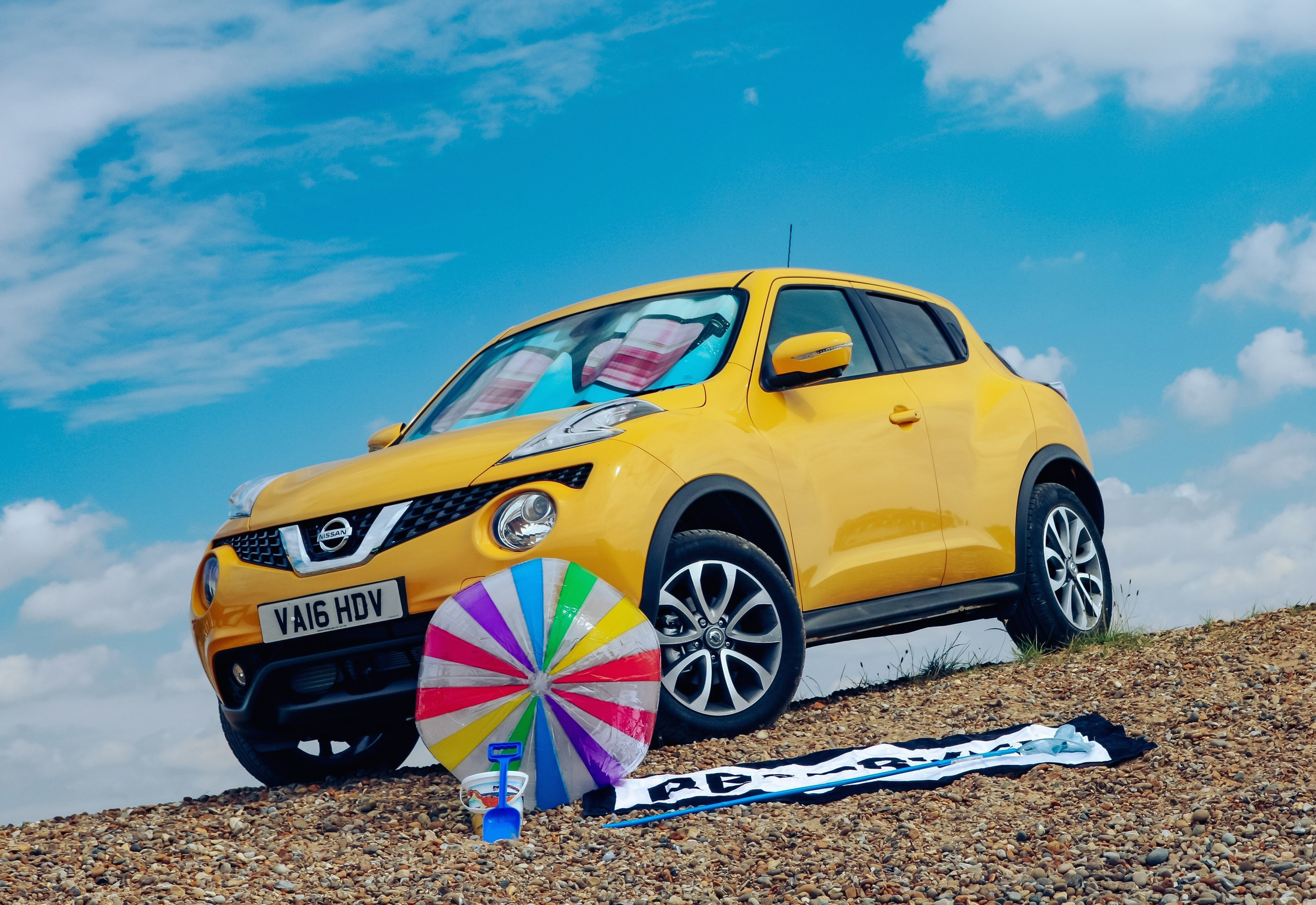

Skincare experts recommend Sun Protection Factor (SPF) 50 sun cream at this time of year to protect your skin from the sun’s harmful ultraviolet (UV) rays but the paintwork on Nissan’s crossovers uses the equivalent of SPF 500.
As Europe begins the holiday season, Nissan has revealed for the first time just how tough the UV protection is on its crossovers such as the Qashqai, Juke and X-Trail. All come with a multi-layer paint finish which has been tested to endure the most extreme temperatures.
During development, engineers expose sample paint panels to 500 watts per square metre of UV light, which is more than 10 times the UV radiance of natural sunlight. So if SFP 50 sun cream will keep human skin safe outdoors in July and August, Nissan paints are equivalent to SPF 500.
Key to stopping its crossovers peeling like your nose in the summer sun is Nissan’s recently opened £1.34million environmental test chamber at the European Technical Centre in Cranfield – which enables engineers to recreate many years of UV exposure in real-world conditions in a matter of weeks.
Hi-tech light bulbs emit 92,000 watts of intense heat, which is equivalent to 2,300 of the 40-watt type found in many homes. Combined with elevated temperature inside the chamber, the cabin of the vehicles on test reaches a staggering 120 degrees Celsius!
To ensure durability at the other end of the temperature scale, it can also drop to a chilling minus 50 degrees Celsius.
For European markets, it means Nissan crossovers are safe to soak up the summer sun on France and Spain’s hottest Mediterranean beaches, and be buried under metres of snow in the chilly north of Finland and Norway.
“Just like human skin, car paint is affected by intense UV rays that are capable of breaking down a surface, so we test for durability to ensure lasting product quality,” said Dean Gillett, an environmental test engineer at Nissan.
It’s not just paint that’s tested with UV light. All plastics, seat fabrics and adhesives go through the same rigorous development process to make sure they can cope with extremes of temperature.
Test results have led to real ‘attention to detail’ engineering. Dean explained that Nissan crossover components can change by region to make sure the customer gets a high quality performance year after year. He added: “A good example is the gas struts which hold the tailgate open. They’re different around the world because the gas in the cylinder is temperature sensitive.”
